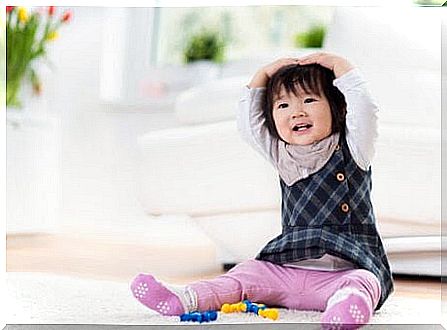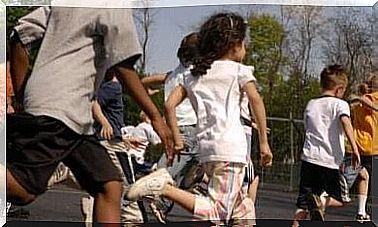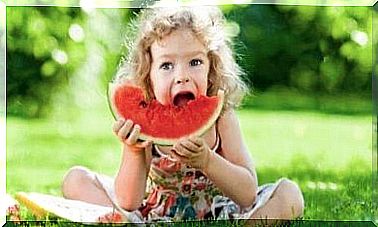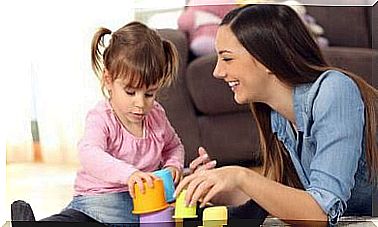The Difference Between Punishment And Consequences

Children have a natural aptitude for testing boundaries and breaking rules. It is part of their development. At the same time, we as parents can choose how we should react to each individual situation in order to better teach our children about their experiences. It is therefore important to know the difference between punishment and consequences.
Life presents you with new challenges every day, and it is important that you can stay calm and behave like the adult you are. Do not let your impulses and negative emotions win in the moment. Avoid unhealthy confrontations.
Why? Because if you succeed in doing so, you will not hurt your children or create a gap between you. Difficult moments are when you most need to stop, think and think about your upbringing methods.
It is worth mentioning what the Spanish child psychologist Alberto Soler has said about old-fashioned and harmful child-rearing methods:

Respect authorities: Punishment and consequences
Penalty
Punishment always causes a certain discomfort and children do not feel good about it. The idea is that the child should not repeat the unwanted behavior for fear of disappointing his parents and avoiding punishment.
But children do not learn about values in life when they are exposed to threats and feel afraid of certain actions without understanding the reason.
Punishment is an authoritarian way to get children to follow the rules. It may seem effective at the moment, but it does not incorporate a sense of responsibility in children.
Instead, it gives rise to other emotions, such as anger, resentment and lack of motivation. This leads children to start telling lies and exhibiting other avoidant behaviors.
The worst thing about punishment is that it condemns the child himself instead of what he or she actually did. In other words, parents attribute a negative trait to the child instead of to the action. This damages the child’s self-esteem.
The situation soon sets in motion a snowball effect where the victim is the child. His or her self-esteem deteriorates and causes even more inappropriate behaviors in the future.
Consequences
Now we will look at the use of consequences as a disciplinary method. Defining and explaining the consequences for our children really helps them to understand why certain behaviors are negative. It also helps them understand the consequences of their actions.
By giving our children an explanation for the consequences of their actions, we do not embarrass them, unlike when we give punishment. Instead, we encourage reflection, understanding, good communication and even empathy.

Consequences focus on the result of actions and not on the individual himself. The message to the child is that there are problematic behaviors, but not problematic children. As a result, they do not damage their self-esteem, on the contrary, they become stronger.
In other words, when we help children understand the consequences of their actions, we avoid creating a negative environment. We avoid confrontations and power struggles.
The 3 bases for logical consequences
For the consequences to be valuable, they must meet three requirements:
- Connection. If your child intentionally spills his juice, he must wipe it up. Taking away his game console from him or banning screen time has no logical connection with the behavior in question.
- Respect. Unlike punishment, consequences do not degrade children. Parents must always avoid reacting in the heat of the moment. You can never take back the harmful words you say. Even when taking corrective action, your tone and words must be calm and respectful.
- Responsibility. The consequence must be an action that the child can perform and should also be in proportion to the behavior that you are trying to correct. Make sure that the consequence is appropriate for your child’s age and that it reflects the seriousness of what the child did.
Even if some parents have been brought up with punishment, it is possible to change one’s own methods of raising their children.
Discipline must be fast and determined, but also based on respect and the fact that children are people worthy of respect. How your children react to authorities depends a lot on your own reactions and decisions.









